Preventing Hair Loss with Chinese Herbs
The days of hit and miss hair loss medication could well be over thanks to the discovery of seemingly miraculous Chinese herbs. Of course, these herbs have been used for centuries in Asian countries, but it was not until recently that people seem to be leaning more towards the use of these natural remedies to treat our ailments. Hair loss is an affliction experienced by too many of us, and something that many seek to rectify in a bid to remain healthy and youthful. Conventionally, and perhaps most commonly, baldness and the thinning of hair occurs as part of the ageing process, both in men and increasingly in women. However, there are many other causes of hair loss that we must account for, such as hormonal imbalance, disease and deficiencies in our diets. These are perhaps more important, as they could be linked to other more serious health issues and thus should be treated with appropriate gusto. At this juncture, it is easy to turn to manufactured medicines in a bid to enhance the health of your scalp, however, this may not be the best way to go about it.
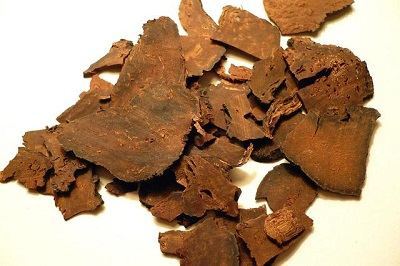 The first herbal remedy to consider is Polygorum Multiflorum, or Fo-Ti. The properties possessed by Fo-Ti have shown to not only increase blood flow to the scalp and stimulate hair follicles, but also restore greying hair to its natural colour. Fo-Ti seemingly reverses the ageing process to some extent, which is why it has been used for hundreds of years, and why it is being increasingly used in the battle against hair decay.
The first herbal remedy to consider is Polygorum Multiflorum, or Fo-Ti. The properties possessed by Fo-Ti have shown to not only increase blood flow to the scalp and stimulate hair follicles, but also restore greying hair to its natural colour. Fo-Ti seemingly reverses the ageing process to some extent, which is why it has been used for hundreds of years, and why it is being increasingly used in the battle against hair decay.
The Reishi mushroom is a highly regarding herbal cure for all manner of health complications. It is no surprise that this mushroom is known as ‘the mushroom of immortality’ due to its immune system enhancing, age-defying capabilities. This herbal cure acts similarly to Fo-Ti in that it reverses the ageing process, thus restoring hair to its former glory.
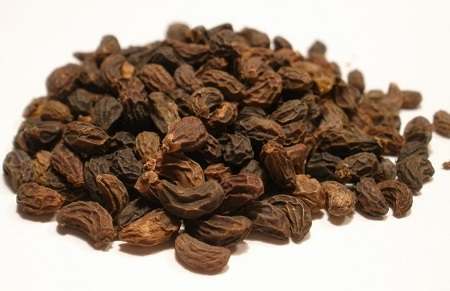 The battle against baldness begins with ensuring correct circulation around the human body. This is where Nu Shen Zi can be extremely beneficial, as it acts as a blood tonic, promoting blood flow to the scalp.
The battle against baldness begins with ensuring correct circulation around the human body. This is where Nu Shen Zi can be extremely beneficial, as it acts as a blood tonic, promoting blood flow to the scalp.
Correct circulation prevents dead hair follicles and enables hair to grow.
The health of hair and skin go hand in hand, which is why Wu Wei Zin is widely regarded as beneficial for hair loss.
Wu Wei Zin is known as a beauty enhancing product due to its unique skin cell beneficiaries and ability to prevent baldness.
As well as the aforementioned natural options, a whole host of Chinese herbal remedies can be used instead of manufactured drugs and laser treatments and surgeries. From types of seaweed to stinging nettles, herbal remedies allow the user to treat their hair loss through natural means, without worrying about the potential high risk of unnatural solutions. Of course, each remedy is subjective, and the patient should always consider what might be best for them and their situation. As such, it is always recommended that a good communication is made with your doctor before trying any new remedy.

 Subscribe Now
Subscribe Now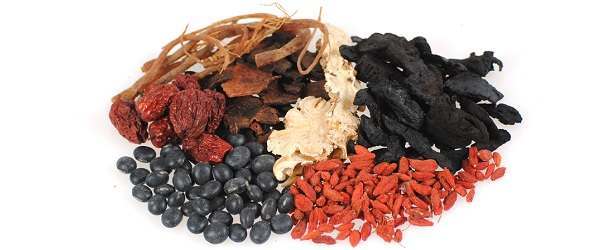
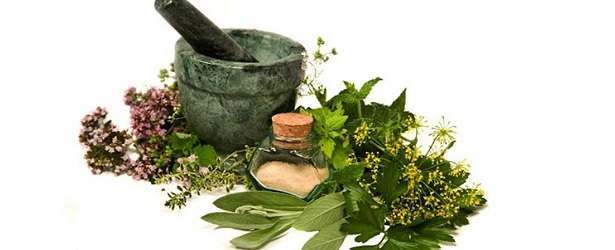
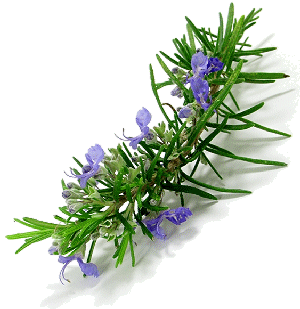 You will find many hair products that make use of rosemary because it’s notorious for hair care. It works by vitalizing the part of your hair that needs the right kind of nudge – your hair follicles. According to research, not only does it help to encourage hair growth, it also makes your hair stronger in the long run. To gain the herbal benefits of rosemary without suffering the consequence of chemical induced products, start including rosemary in your diet or make your own rosemary hair rinse.
You will find many hair products that make use of rosemary because it’s notorious for hair care. It works by vitalizing the part of your hair that needs the right kind of nudge – your hair follicles. According to research, not only does it help to encourage hair growth, it also makes your hair stronger in the long run. To gain the herbal benefits of rosemary without suffering the consequence of chemical induced products, start including rosemary in your diet or make your own rosemary hair rinse.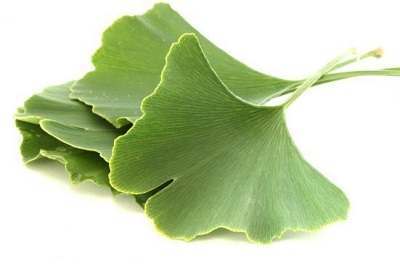
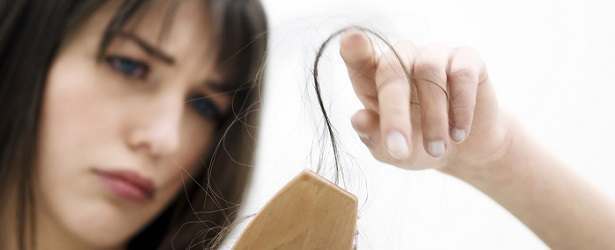
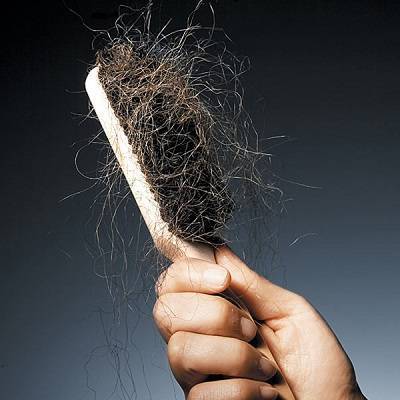
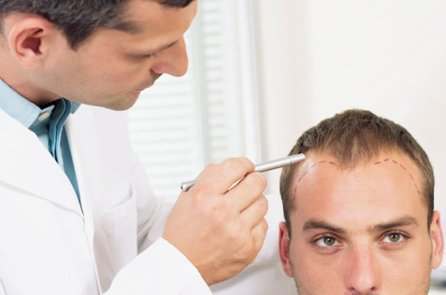 It is not just our hormones that affect how our bodies shed hair. In terms of nutrition, a lack of iron and/or zinc in your diet can contribute to a weakened follicular structure. Stress, both mentally and physically, is a factor that can also lead to hair loss. So anything from a hectic lifestyle or high pressure job, to a surgical procedure or loss of blood can cause you to lose your hair.
It is not just our hormones that affect how our bodies shed hair. In terms of nutrition, a lack of iron and/or zinc in your diet can contribute to a weakened follicular structure. Stress, both mentally and physically, is a factor that can also lead to hair loss. So anything from a hectic lifestyle or high pressure job, to a surgical procedure or loss of blood can cause you to lose your hair.
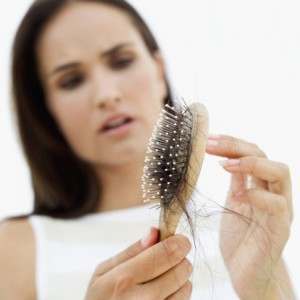 The process of growing hair is a natural process, but at any one time, almost all of the hair on your head is going through the growing stages while a small part remains in the resting phase. The process can be affected by changes within the body, resulting in more hair remaining in the rest period and a smaller portion of hair that grows. This can lead to the thinning of your hair, hair loss and balding.
The process of growing hair is a natural process, but at any one time, almost all of the hair on your head is going through the growing stages while a small part remains in the resting phase. The process can be affected by changes within the body, resulting in more hair remaining in the rest period and a smaller portion of hair that grows. This can lead to the thinning of your hair, hair loss and balding.

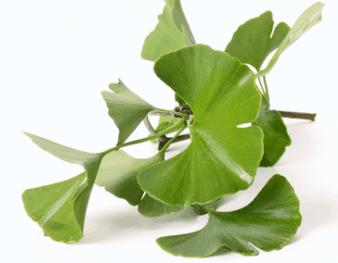 The Chinese strongly believe in an herb called
The Chinese strongly believe in an herb called  Yoga
Yoga